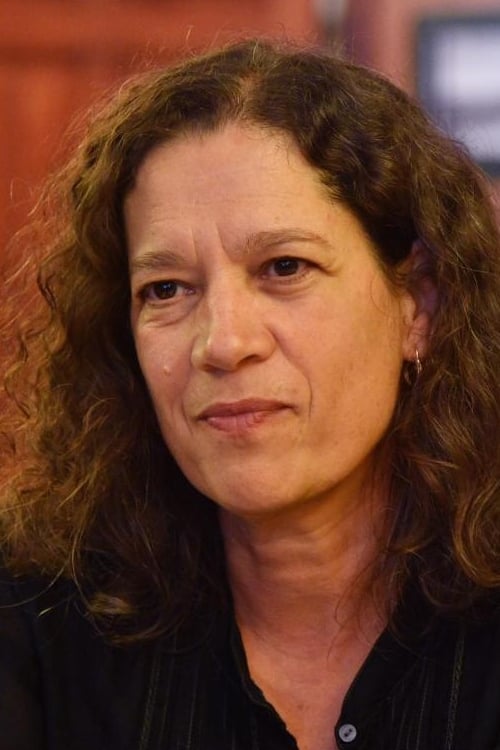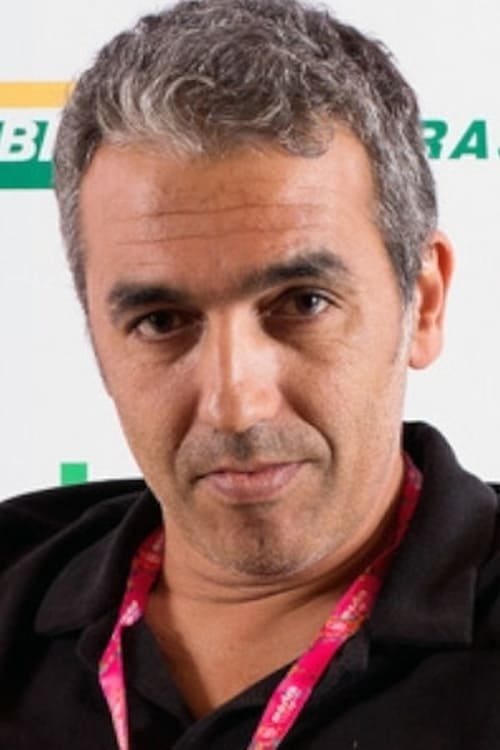Volta à Terra (2014)
Gênero : Documentário
Runtime : 1H 15M
Director : João Pedro Plácido
Sinopse
At Uz, an isolated hamlet in the northern mountains of Portugal, four generations live together in a group of around fifty people. When life is rough, solidarity is of the highest order. Everything else is left in God’s hands. They could have emigrated, like so many others, but chose to stay and keep their ancestral way of life, away from the racket of modernity.
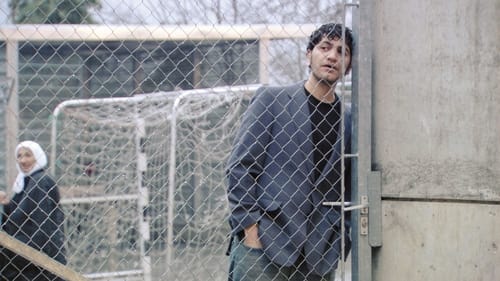
The personal stories of the people from all around the world waiting for a decision in an asylum-seekers centre in one of most restrictive countries in the world, Switzerland.

O tecer das circunstâncias da vida dos ciganos no Portugal de hoje, com as recordações de outros tempos.

Em Portugal, no início dos anos 60, aparece na Praia dos Cães o cadáver de um homem brutalmente assassinado. O cadáver é identificado como sendo o do major Dantas, um homem procurado pelas autoridades após a sua evasão de uma prisão militar onde aguardava julgamento por insurreição.
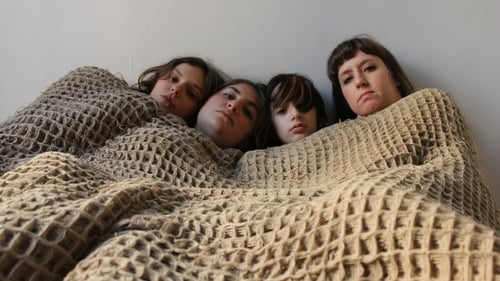
Ten-year-old Axel lives with his mother and three sisters in a flat in Buenos Aires. They’d be a perfectly normal family if only the mother weren't imprisoned in one of the rooms.

Constructed from a wealth of archival footage, the documentary follows Dr. Martin Luther King, Jr. from 1955 to 1968, in his rise from regional activist to world-renowned leader of the Civil Rights movement. Rare footage of King's speeches, protests, and arrests are interspersed with scenes of other high-profile supporters and opponents of the cause, punctuated by heartfelt testimonials by some of Hollywood's biggest stars.

No final dos anos 1960 Evita chega a Moçambique para casar com Luís, um estudante de matemática que ali cumpre o serviço militar. Evita rapidamente se apercebe de que Luís já não é o mesmo. Perturbado pela guerra, transformou-se num triste imitador do seu capitão, Forza Leal. Perdida num mundo que não é o seu, Evita apercebe-se da violência de um tempo colonial à beira do fim. Um tempo de guerra, de perda e de culpa.

U-CARMEN is a feature film based on Georges Bizet's 19th-century opera that was filmed on location in a modern South African township setting. The energy, compassion, and heat of township life in all its elements create a constantly visually interesting and dynamic background for the unfolding of the story, which owes part of its huge popularity to the thrilling combination of a violent gangster tale with a passionate, almost supernatural love story. As it unfolds, it explores issues of fame and wealth, the position of a strong and independently minded woman in a very masculine society and, perhaps most importantly, the incomprehensible attraction between abuser and victim. Bizet's opera, based on Prosper Merimée's novel, premiered in Paris on March 3, 1875. Set in a poor area of Seville, the story of the magnetic woman who seduces, loves, and ultimately destroys her lover and herself...

Cafezinho, cigarrinho. Moedinha, outro cafezinho. Utentes vagueiam pelos corredores. Circulam sós. Esperam. Mais uma passa, um cigarro que morre em beata. Terapias que apelam aos sentidos. Rotinas que os puxam para a realidade. É a vida que se repete nos espaços de um hospital psiquiátrico. A lucidez e a loucura vivem juntas. Do mundo exterior chega um ator que procura o seu personagem para uma peça de teatro, submergindo no mundo interior dos esquizofrénicos. Os utentes são parte do processo de construção do personagem. No meio da névoa o ator depara-se com um poema de Ângelo de Lima, alienado de condição. O personagem de teatro nasce. O cinema documenta.

Four peoplebound by the common thread of a deeply personal losstake to the road at a pivotal moment in their lives, hoping to move ahead. Along the way they unexpectedly intersect with one anotherthe result of which forever alters their understanding of brotherhood, friendship, and love.
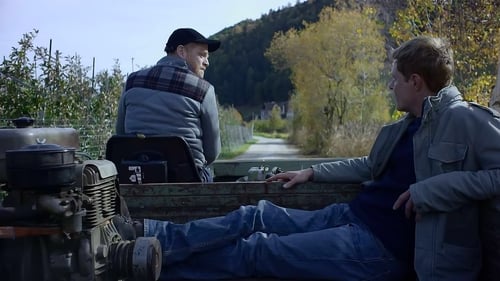
Albert (Andreas Lust) cresceu isolado em uma fazendo nas montanhas dos Alpes. Mesmo com 30 anos, sua mãe ainda controla as rédeas da sua vida. Por pressão dela, ele deixa a fazenda e passa a morar em um vale próximo e a trabalhar em uma mina de mármore. O desejo de Marianne (Ingrid Burkhard) é proteger o filho de levar uma vida solitária e pobre nas montanhas, estando disposta a romper com as tradições da fazenda. Quando o pai de Alvbert morre acidentalmente, Marianne teme que o filho passe a assumir o pai dele na fazenda. Ao invés de avisá-lo, ela enterra o corpo nas montanhas e decide esconder a verdade de Albert.

HIGH SCHOOL II is a film about Central Park East Secondary School (CPESS), a successful alternative high school in New York's Spanish Harlem, 85-95% of whose graduates go on to four year colleges. The film illustrates the school's emphasis on the “Habits of Mind” program (weighing evidence; awareness of multiple points of view; seeing connections and relationships; speculating on possibilities; and assessing values.) Sequences illustrating the school's approach to learning include: classroom activities in the humanities and sciences; family conferences; discussions of race, class, and gender; faculty meetings; disciplinary problems; sex education; conflict resolution by students; and student council meetings.

Tudo começa quando uma família normal e friorenta é bafejada pela sorte. Jesus, assim se chama o filho do casal, encontra um tesouro escondido e proibido: a riqueza da Terra. No mesmo dia dois padres decidem fechar as portas da sua igreja por falta de crentes e fazem um leilão de imagens dos seus queridos santos. E partem à aventura.

Juan Carlos and his friend Manuel were still teenagers when Catalina Villar first filmed them 18 years ago in Medellin which, at the time, was the most violent city in the world. Soon after, Juan Carlos, the poet, was killed. On the eve of a time of fragile peace, his illiterate parents seek legal compensation. Manuel, who has become the leader of his neighbourhood, is confronted to the paradoxes of urban modernization in a city that has transformed too quickly. The ghost of Juan Carlos rises as a shield against oblivion.

A meeting in an empty roadside café-restaurant. A man in his sixties is waiting. A young woman enters, she seems tired, weighed down with her backpack, and her whole life inside it. He offers to take her a part of the way. She accepts.
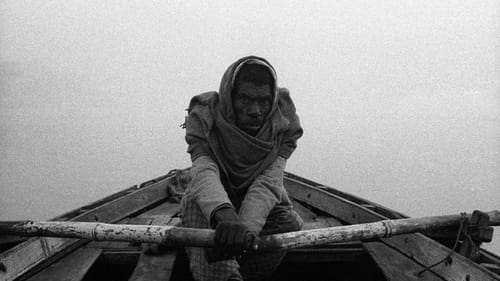
In a series of small portraits, Gianfranco Rosi depicts life on and along the banks of the Ganges River. The director’s first film documents the boat trip he took along India’s sacred river with his helmsman, Gopal. They pass tourists and locals, witnessing them bathe, work, or meditate. The film captures the imagination of the endless circle of life and death, which is rooted in the lives of the Indian people, and is convincingly manifested in the way they bid farewell to the dead.

Paola is born in a traditional Colombian family, or at least that is what they try to be. Her father is a priest, her mother is a "psychic" and her sisters are not what their parents expected. She is a young Latin American woman struggling for her independence in a hard context full of stereotypes and appearances not being able to fit in any mold. With a unique feminine vision of the world this girl learns to live while she lives as she witnesses a series of small crises that shape her personality.

Adaptação do romance homónimo de Vergílio Ferreira. Descreve o despertar para a vida de um jovem de doze anos confrontado com a austeridade da casa senhorial de D. Estefânia, a neve, a sensualidade da sua aldeia natal, Linhares, na Serra da Estrela, e o silêncio das paredes do seminário.
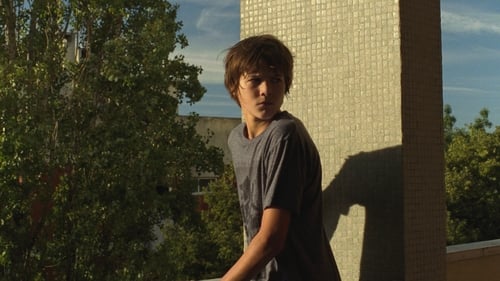
Day breaks on the eighth floor in a suburban neighbourhood of Lisbon and 14-year-old Bruno’s grandfather is still in hospital. Doctors give him only a few days to live. The imminence of death and the void that it will leave force Bruno to become the man of the house, where he lives with his mother Mónica, who is in her 30s, and his three-year-old sister Érica.
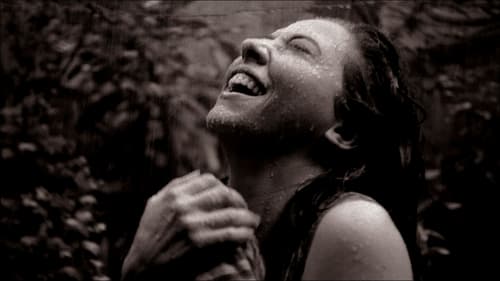
Uma investigação aprofundada, sob a forma de um ensaio poético, sobre um dos principais movimentos cinematográficos latino-americanos, analisada através do pensamento dos seus principais autores, que inventaram, no início dos anos 60, uma nova forma de fazer cinema no Brasil, com uma atitude política, sempre próxima dos problemas do povo, combinando arte e revolução.

New York designer Stefan Sagmeister lives in the city of his dreams, and creates work for the likes of the Rolling Stones and Jay-Z. Business is good, creative juices are flowing, and yet he suspects there must be more to life. Sagmeister takes on the daunting project of changing his personality by trying to figure out the causes of happiness. On the advice of a trusted psychologist Sagmeister experiments with three different approaches: meditation, therapy, and drugs. The Happy Film follows his pursuit, and all that he encounters along the way: joy, ecstasy, heartbreak, change, love, and death.



